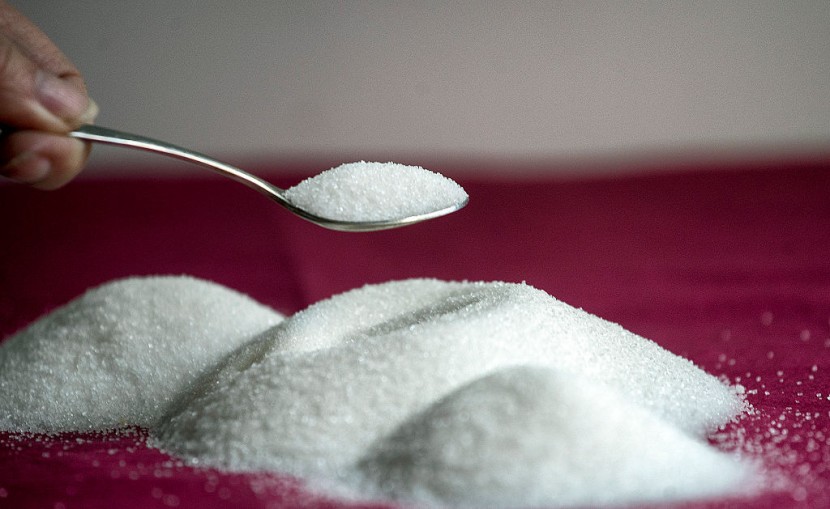NYC's new Sweet Truth Act now requires restaurants to disclose the added sugar content of their drinks and food.
This means that consumers can finally see what they are eating or drinking is already exceeding the sugar amount recommended by the Food and Drug Administration (FDA).

If you are living in New York City and love to order Starbucks, McDonald's, and other fast food chains, here's what you need to know about the new law of NYC.
NYC's Sweet Truth Act Requires Added Sugar Transparency in Restaurants
Yahoo Life reported that on Friday, Nov. 17, New York City Mayor Eric Adams decided to sign the Sweet Truth Act into law. This regulation was established to respond to calls from the NYC community to have sugar warnings.
Many New Yorkers shared their concerns that the sugar in foods and beverages sold in restaurants and fast food chains is already exceeding the FDA's recommended amount.
This is why Eric Adams signed the Sweet Truth Act into law, which requires chain restaurants with 15 or more locations to put "added sugar" warnings on their beverages and food, as reported by CBS News.
Right now, the FDA's recommended sugar content is no more than 50 grams per day. However, the Center for Science in the Public Interest's 2021 study revealed that most fast-food chain fountain drinks exceed this limit.
Some of them even contain up to 109 grams. Just imagine drinking or eating food with this much sugar content. NYC officials said that since the Sweet Trutch Act is already a law, fast food chains need to comply by December 2024.
If they can't provide the needed added sugar content transparency, they will face $200 to $500 fines.
Some New Yorkers Not Okay With New Law

Numerous doctors and other health experts warned that excessive sugar intake could negatively affect people's health; leading to diabetes, obesity, heart disease, etc.
"It's through shifts in our food environment that we are going to empower New Yorkers to make healthier choices," explained NYC Health Commissioner Dr. Ashwin Vasan.
"Most chronic metabolic, cardiometabolic, diseases are about your dinner, not your DNA," he added.
However, despite their warnings and explanations, some New Yorkers don't appreciate the arrival of the Sweet Truth Act. Many of them argued that they rather not know the sugar content of what they're drinking/eating.








